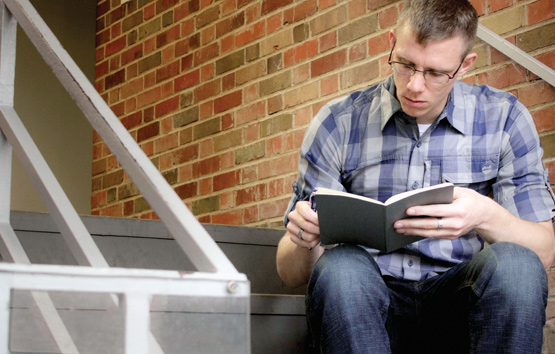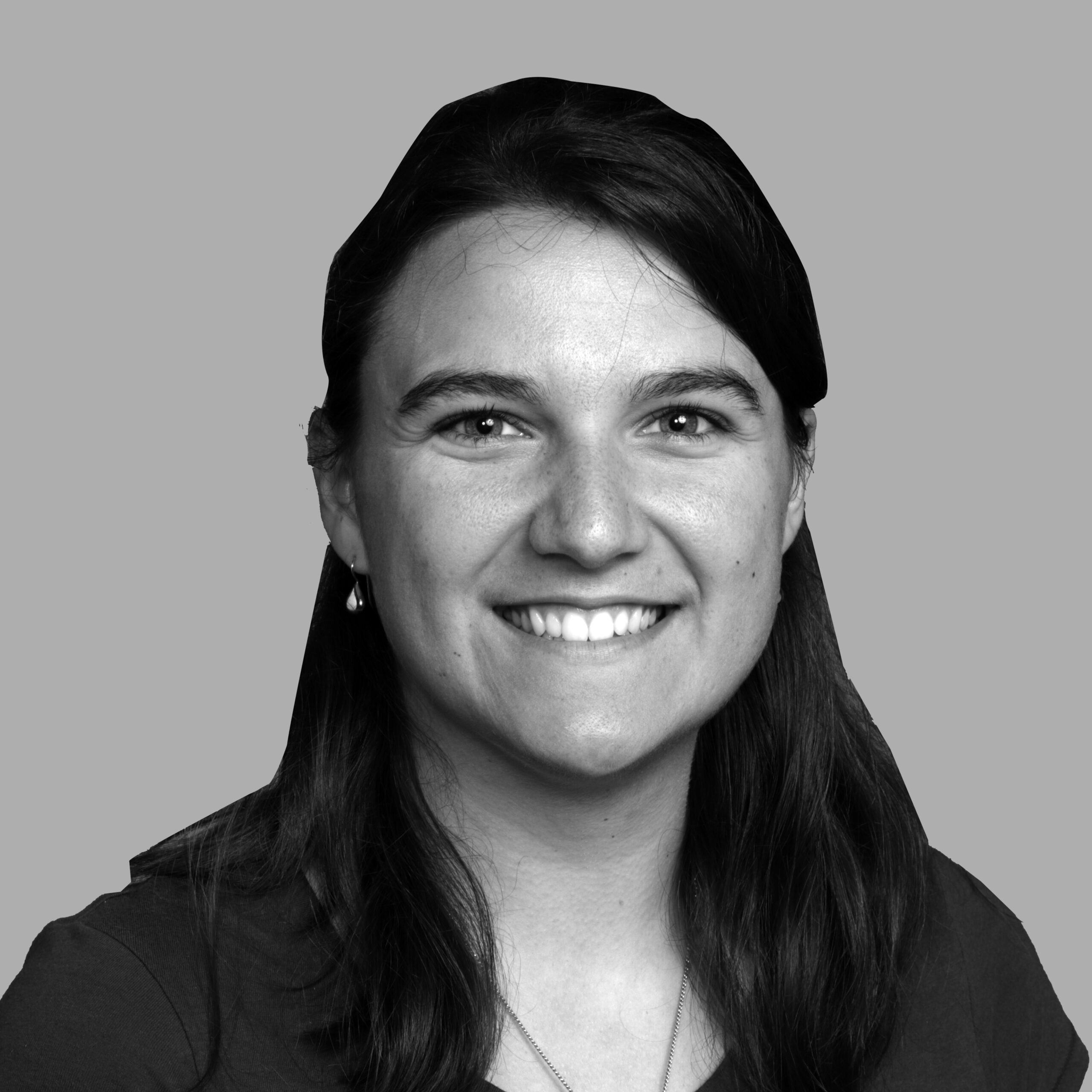
Concordia Seminary Newsroom
Dear future students
Four students share letters to prospective students

Edited by Travis Scholl
Dear future pastoral student,
During the journey, I found the draw to the Seminary steadily increasing. The first connection was a visit I made at the beginning of my Army career. A buddy and I stopped at the campus for a few classes, and I was so inspired by the quality and impact of the teaching here that I promptly bought a copy of one of the course texts — not light reading! About the same time, my friend and I began studying Greek at a local church where the pastor was using Seminary Professor Dr. James W. Voelz’s textbook and class videos. Though my duty assignment ended and I had to move, I found videos of the class — and to my delight numerous others — online at one of Concordia Seminary’s resource sites (then iTunes U, now scholar.csl.edu).
Over the next several years, these resources filled many knowledge gaps I had, and they essentially allowed me to audit several graduate-level courses for free. They also gave me the opportunity to learn from current professors and anticipate being in their classes. In my opinion, the Seminary’s desire to be on the forefront of making the truths of our Lutheran Confession accessible to everyone cannot be overvalued. When I arrived I met those same professors, who have never ceased to pour into the students here and help shape my classmates and me for ministry. Even if you are coming to the Seminary later in life or with educational gaps like me, the Seminary excels at providing opportunities to learn, grow and begin to prepare for service in God’s church, many of which you can access right now. God has blessed us with a community of faculty and staff that will go to extraordinary lengths to ensure that students are well-equipped to answer His call.

In His grip,
Ahren Reiter
Fourth-year Master of Divinity student
Dear future deaconess student,
This title carries another type of uncertainty with it — the word future. How long will you bear the title “future deaconess student”? When will you become a “deaconess student”? These questions circled around in my mind for years. It’s OK to not know yet when “future” will change to “current.” In my six years of being a “future deaconess student,” I had decided several times I was going to give up the title and become “not a deaconess student.” And in those times, God blessed me with the tasks He gave me to do and the people He gave me to serve. But I struggled with the “when.” When was the time right? When did God want me to start this journey? Did God even want me to start this journey?
And that’s when I discovered that the following two things were so important:
Prayer — My prayer journal from this time is very dear to me. Write down your prayers. Find a time each day to communicate with your Father. Express to Him why you’ve taken the title “future deaconess student” or why someone else has given it to you or why you’re thinking of setting it aside. Discuss your feelings, your questions and your concerns with Him. Over time, you’ll be able to look back at your prayers and see where God has brought you and how He has answered those prayers.
Counsel — Just as my conversation with God was so important, so was my conversation with other people. I talked to family, friends, mentors, pastors, teachers. People who knew me and could listen to me, who followed God and could give me godly counsel. Not only would they talk with me, but they also were praying for me — and continue to do so! They can help you see things that you might not be able to point out to yourself.
In this season of your life, “future deaconess student,” I encourage you to take heart. Even in the midst of uncertainty, preparation and deliberation, our God is faithful and He will reveal to you in His time when it is your time to take up a new title!

With His joy,
Rebekah Karolus
First-year Deaconess Studies student
Dear future graduate student,
For me, the detours involved serving in campus ministry at my alma mater (Concordia University, St. Paul, Minn.), getting married, teaching English in Turkey and serving as a missionary in Germany. After seven years of detours, I began my studies at Concordia Seminary in 2013. Of course, seven years of detours wasn’t enough. I decided to take a victory lap, a detour year, and earn my Master of Sacred Theology degree (S.T.M.) after earning my Master of Divinity.
If you are wondering whether God is tugging at your sleeve to attend Seminary, I recommend asking other people. Ask them what they would think if you took the road to Seminary. Ask your parents, spouse, friends, pastors. Ask a few elderly couples in your church who have seen numerous pastors come and go and know what sort of character to look for in a pastor. Truth be told, if you don’t ask these people, they’ll tell you anyway. At least that’s how it worked for me.
Of course, after a long detour, I needed more people to encourage and support me. God provided such people in Epiphany 2012. I sent in my application a few months later. It’s hard to understand the purpose of detours. They may seem like a new direction that will never get you to your destination. But you get to see things along the way that you didn’t know you needed to see. Perhaps you feel like your detour is ending and it’s time to turn onto the road to the Seminary, or even the road back to Seminary for advanced study. Ask a few people what they think. Then, turn boldly.

In Christ,
Andrew Jones
2017 Master of Divinity graduate and Master of Sacred Theology student
Dear future SMP student,
However, God’s call need not be a matter of confusion or fear. Remember that every Lord’s day begins with God’s clear call to gather and behold the wondrous gifts He gives His saints. As I look back upon the path God led me on, I see His gracious hand at every turn. Despite my unworthiness and even my unwillingness, God used the congregation in this place to call me to the Office of Public Ministry.
God is a gracious and giving God who is the very essence of love. God’s calling cannot to be avoided. When God has begun to call you, remember that where He calls, He also provides. You are God’s child and He will sustain the work He has started in and through you.
However, lest you come to God in pride, thinking that you are a wonderful addition to His leadership staff, remember that He spoke through a donkey’s mouth and that His idea of leadership is freely offering His life in service to sinners.
You have been called by God, not because you have anything He needs, but because He wishes to shape both you and your congregation in love. When Jesus commanded Peter to feed His sheep (John 21), He was pouring out grace upon the one who had denied Him. This tension of being the chief of sinners begging for mercy, and the mouthpiece of God blessed to proclaim His goodness and deliver His gifts, is the vocation I am called to as an SMP pastor.

God’s Peace,
William Pierce
SMP Program student